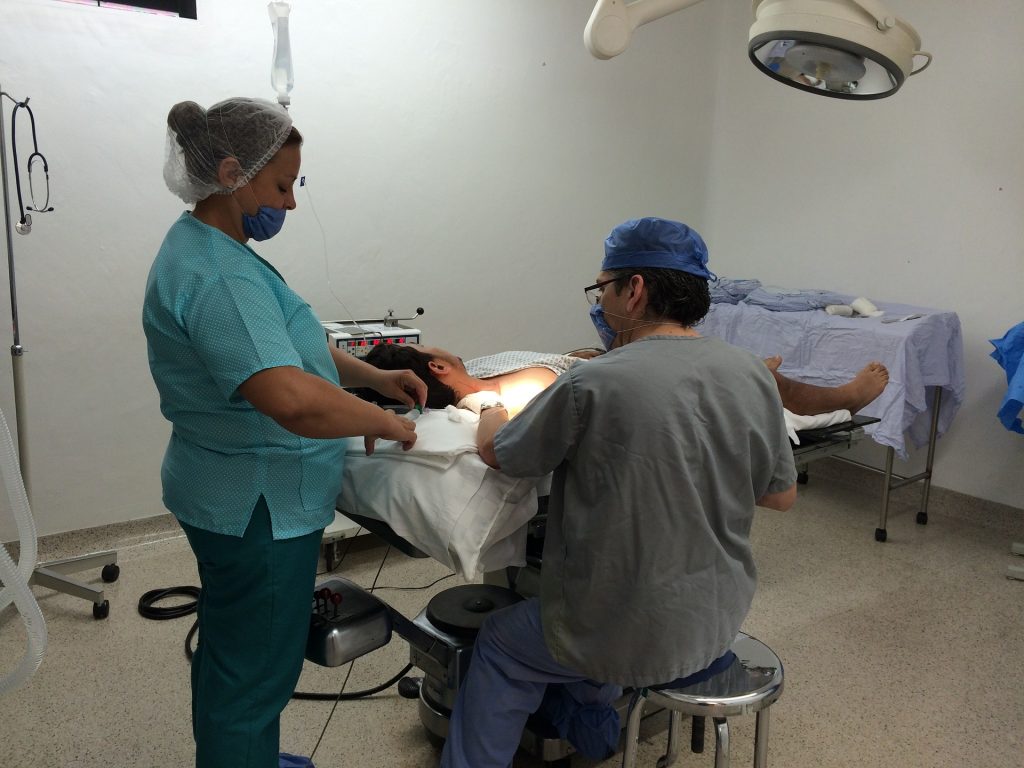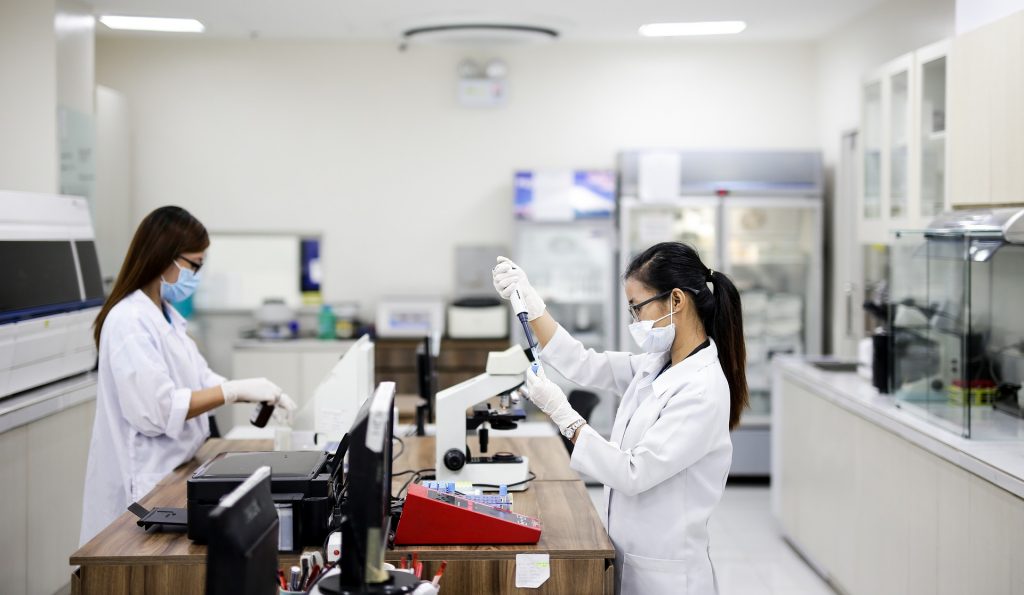If you’re contemplating starting a career as a medical assistant, you should first find out more about the responsibilities and duties of this profession.
Although the job description varies depending on the employer and the work setting, medical assistants help physicians with clinical and clerical work.
They work under the supervision of a physician or a licensed nurse.
Each state determines what a medical assistant is allowed to do and the supervisor is the one who assigns tasks to each medical assistant, taking into account the state regulations.
In this article, we will focus on some of the main duties a medical assistant has to perform.
Article Table of Contents
Patient Care
Patient assessment and care are two of the main responsibilities of a medical assistant.
This usually means:
- checking the patient’s vital signs (blood pressure, pulse, breathing rate, and temperature), performing a physical exam, and taking the patient’s medical history.
- measuring the patient’s weight and height and looking for deformities and irregularities on the patient’s body
- asking questions about the patient’s allergies, medical conditions, and medication, and recording this information into the patient’s chart
- helping patients with activities of daily living
Performing Tests
The medical assistant is also responsible for perform tests that are recommended by the doctor.
While doing this, the MA has to follow very strict protocols that are usually written by the doctor.
Medical assistants who have special phlebotomy training may also be responsible for collecting blood samples for laboratory testing.
They are the ones who process, pack and ship these samples.
Preparing Patients
Medical assistants are the ones who prepare patients for testing, treatment, and other procedures.
They may remove bandages and clothing and expose affected areas.
When preparing patients, medical assistants have to follow protocols on how to handle patients and how to prepare them for each procedure.
They are also responsible for removing any medical devices after the testing or procedure is complete.
Clerical Duties
A medical assistant may also have to complete clerical duties in the front office of the clinic or hospital.
They may also greet patients, obtain their information, and compile patient data into charts and files.
Keeping the office organized is another duty of medical assistants.
Medical assistants have to make sure that patient files are complete before and after each visit to the physician’s office.
In these files, they include information about test results, patient history, and medication.
Medical assistants are also the ones who schedule patients for appointments and record them into the office’s calendar.
Tasklist
While responsibilities vary depending on the office, medical assistants usually have to:
- be the physician’s secretary
- administer medication
- complete insurance forms and claims
- assisting physicians when they perform exams and procedures
- call or fax prescriptions to pharmacies
- change dressings on wounds
- collecting and recording information about the patient’s medical history
- cleaning and maintaining instruments and medical equipment
- collecting specimens for laboratories
- documenting medical records
- handling and routing office mail
- managing specialty referrals
- managing medical records
- measuring vital signs
- educating patients and family
- removing staples and stitches
- scheduling and canceling appointments
Medical assistants may also be responsible for supervising other workers, depending on the clinic and their level of expertise.
The Duties of a Medical Administrative Assistant
Medical administrative assistants are usually responsible for all office duties, including billing, accounting, charting, patient scheduling, transcribing, and filing insurance claims.
They are the first point of contact with patients and they have to record their medical history.
Other duties that are usually performed by medical administrative assistants are:
- greeting patients
- managing and updating the patients’ medical records
- making appointments
- maintaining the front desk and reception area
- performing general accounting and billing services
- transcribing treatment notes
- processing insurance forms
- arranging for patient hospitalization
- processing insurance forms
- managing email and mail
- overseeing office inventory
In hospitals and other large settings, medical assistants are usually specialized while those who work in smaller settings handle a variety of clinical and administrative tasks.
Read the full guide: How to Become a Medical Assistant


